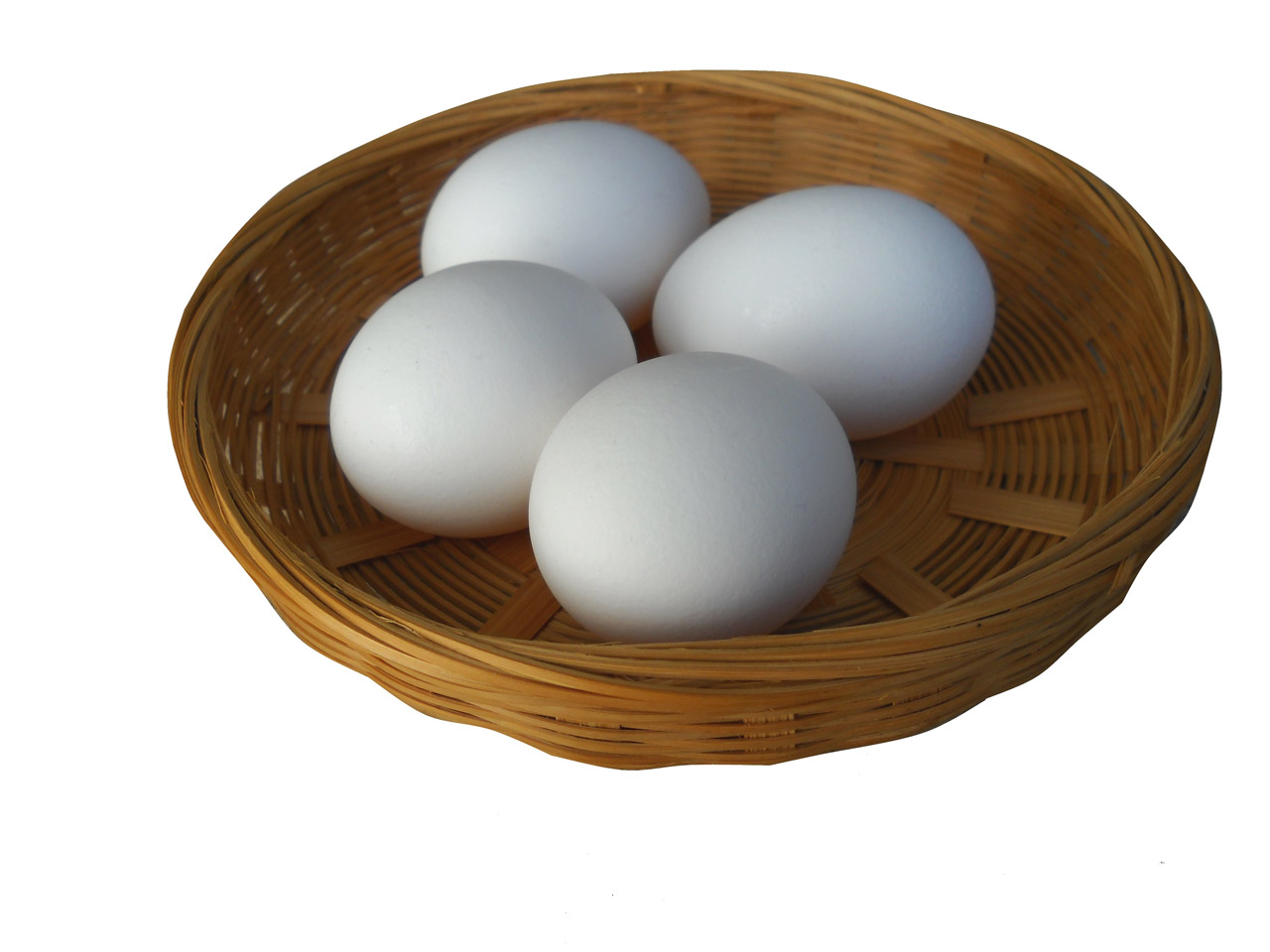Risk vs. Reward: Two womens health care professionals offer insight to the dangers of egg harvesting
By Judy Norsigian & Dr. Gary Richwald,
Golden Gate Xpress
| 08. 29. 2018
An April 25th article in the Golden Gate Xpress about donating eggs raises important issues for young women considering this option. It reminds us, too, of an email sent to an SFSU faculty member in September 2017 asking that she inform her students about how young women could provide/sell their eggs to UCSF’s Center for Reproductive Health.
Unlike many other requests for eggs to help infertile women become pregnant, this email pitched directly to the pocket book. Students can donate up to six times for the hefty sum of $10,500 each time, it told the professor. The money, it said, can help students pay their tuition and other expenses.
This is not an appeal made to the students themselves. Instead, it solicits professors to use their authority and influence (and email lists of students) to encourage young female students to bolster their finances with a decision that could adversely affect their health. It is a deeply troubling request for faculty members to abuse their positions of power and trust.
The email makes no mention of the risks of egg extraction...
Related Articles
By Diaa Hadid and Shweta Desai, NPR | 01.29.2026
MUMBRA, India — The afternoon sun shines on the woman in a commuter-town café, highlighting her almond-shaped eyes and pale skin, a look often sought after by couples who need an egg to have a baby.
"I have good eggs,"...
By George Janes, BioNews | 01.12.2026
A heart attack patient has become the first person to be treated in a clinical trial of an experimental gene therapy, which aims to strengthen blood vessels after coronary bypass surgery.
Coronary artery bypass surgery is performed to treat...
By Staff, ScienceDaily | 01.05.2026
Scientists at UNSW Sydney have developed a new form of CRISPR technology that could make gene therapy safer while also resolving a decades-long debate about how genes are switched off. The research shows that small chemical markers attached to DNA
...
Following a long-standing CGS tradition, we present a selection of our favorite Biopolitical Times posts of the past year.
In 2025, we published up to four posts every month, written by 12 authors (staff, consultants and allies), some in collaboration and one simply credited to CGS.
These titles are presented in chronological order, except for three In Memoriam notices, which follow. Many more posts that are worth your time can be found in the archive. Scroll down and “VIEW...




